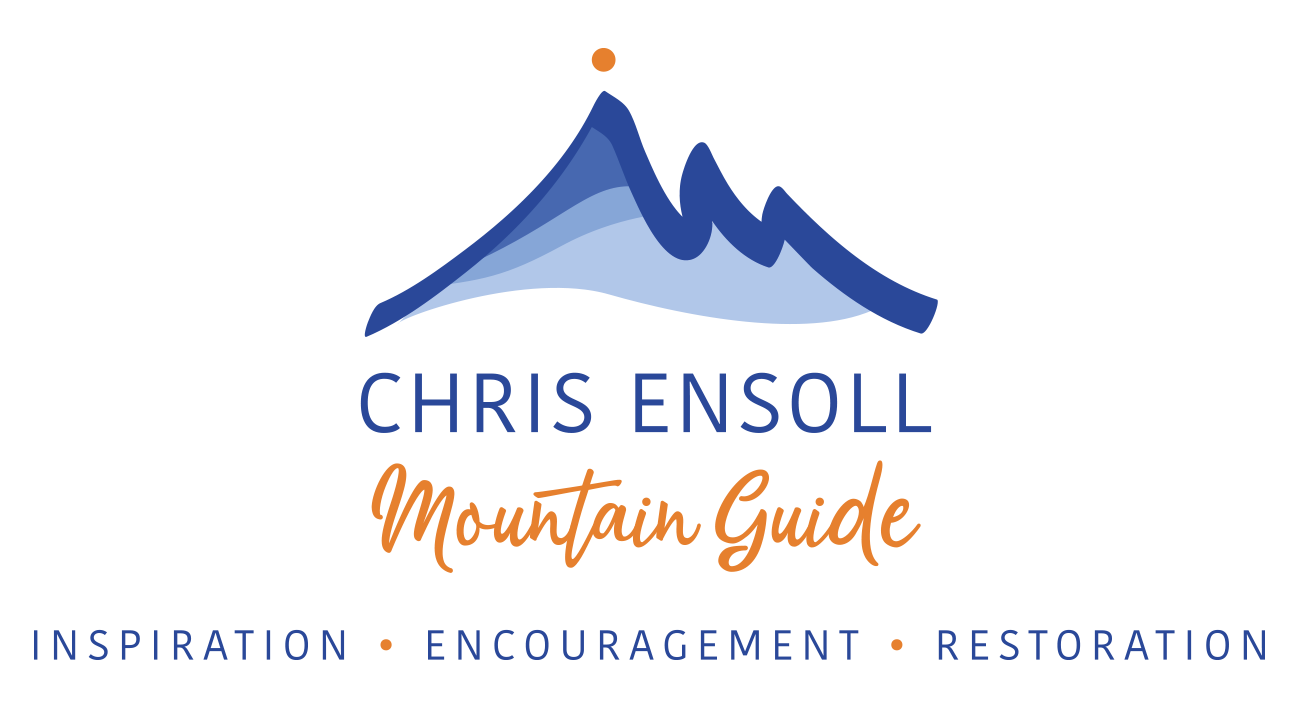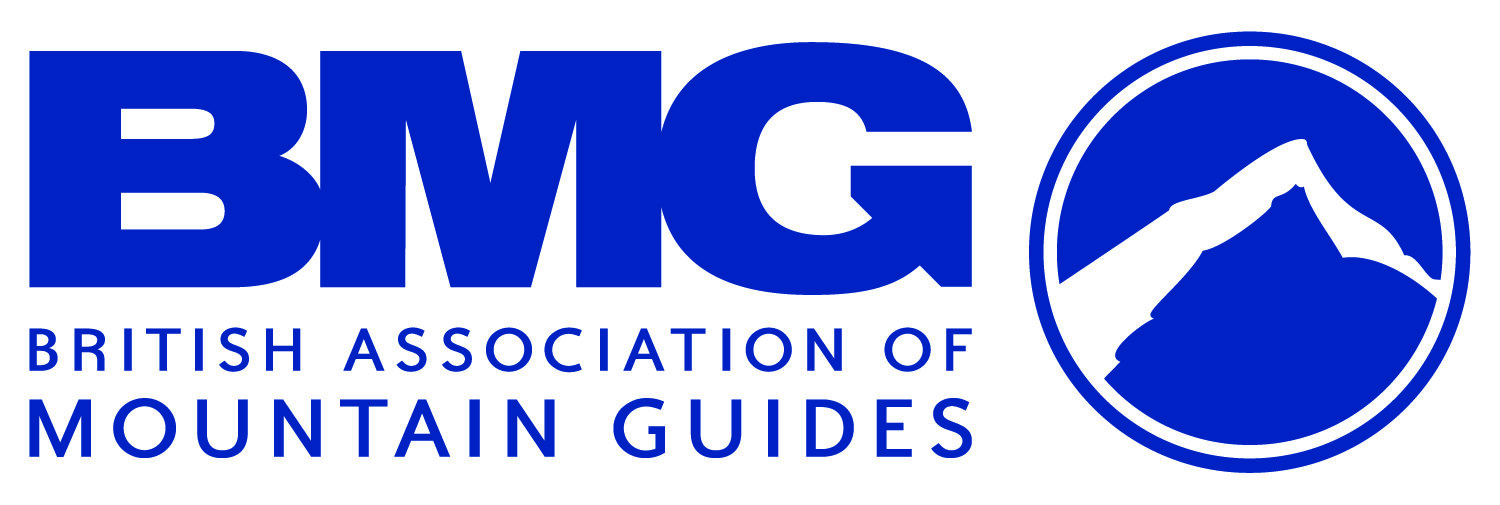No-one likes to fail. It doesn’t make us feel good, and it can cost us time, money, energy and pride. Failure can be defined as a lack of success in doing or achieving something, especially in relation to a particular activity. Fear of failure can prevent us from trying, but failure is inevitable. Everyone experiences setbacks sometimes, and if we can change our mindset about failure, it can be good for us, even though it might not feel like it at the time. If you’ve been out with Chris, you’ll probably have heard him use the FAIL acronym, which stands for First Attempt In Learning.
Read More







